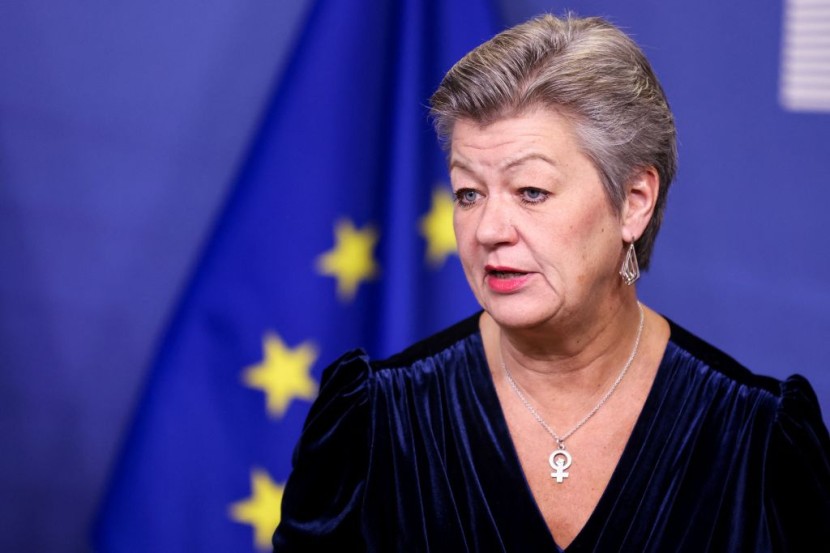
Ministers from the European Union have agreed on an initial plan to enact stricter asylum and migration policies
The proposal was announced on Thursday following a roughly 12-hour negotiation between officials from the bloc
Some members, such as Austria, Italy, and the Netherlands, initially argued that the compromise proposal was not good enough
European Union ministers have agreed on a "historic" deal that would enact stricter asylum and migration policies in the bloc after hours of negotiation.
Officials from the 27 member states of the bloc announced the news in a Thursday statement. Sweden, who currently holds the rotating presidency of the EU, said that the agreement is a "good balance" of responsibility towards the people seeking asylum and solidarity in the bloc.
EU Agrees on Historic Asylum and Migration Deal
On the other hand, German Interior Minister Nancy Faeser called the deal a "historic success" for the bloc. The deal came after roughly 12 hours of intense negotiations because some members of the bloc, such as Austria, Italy, and the Netherlands, argued that the compromise proposal was not good enough to address the current problems in the region, as per DW News.
On the other hand, Hungary and Poland voted against the compromise proposals as Bulgaria, Lithuania, Malta, and Slovakia abstained from the vote. In a statement, German Foreign Minister Annalena Baerbock said that the compromise agreement is "not an easy one at all."
Baerbock added that if officials were able to decide on the reform as a federal government on their own, it would have been completely different. She noted that if Germany made concessions, the attempt to share asylum-seekers across the bloc would have ended in failure.
In her remarks, the minister said that if her country had voted against the compromise in the latest vote, joining Hungary and Poland, a common European asylum policy based on solidarity would not be possible for years.
The compromise deal was made after years of division across the bloc that started in 2015 when more than a million people, who were mostly fleeing from Syria's war, traveled to the EU across the Mediterranean, according to Reuters.
Hosting Asylum Seekers
European Interior Affairs Commissioner Ylva Johansson said that the compromise deal was a "great, great achievement." She argued that the agreement shows that it is possible to work together in addressing the issues with migration across the bloc.
EU countries, unable to agree on how to share responsibility in the past, most prioritized bringing down arrival rates. This came as United Nations data showed that there were fewer than 160,000 people who made it across the sea last year out of half a billion people.
Authorities also reported that roughly 2,500 people died or have gone missing making the dangerous crossing over the same period. The latest proposal calls for compulsory cooperation between EU countries, but gives the option of doing so in one of two ways.
Officials are prioritizing the sharing of hosting of asylum seekers who arrive at countries found on the bloc's outer rims. If nations refuse to host refugees, they could be fined up to $21,000 per person that they refuse to take. The money would then go to a fund that Brussels would be in charge of, said WION News.
© 2026 HNGN, All rights reserved. Do not reproduce without permission.








